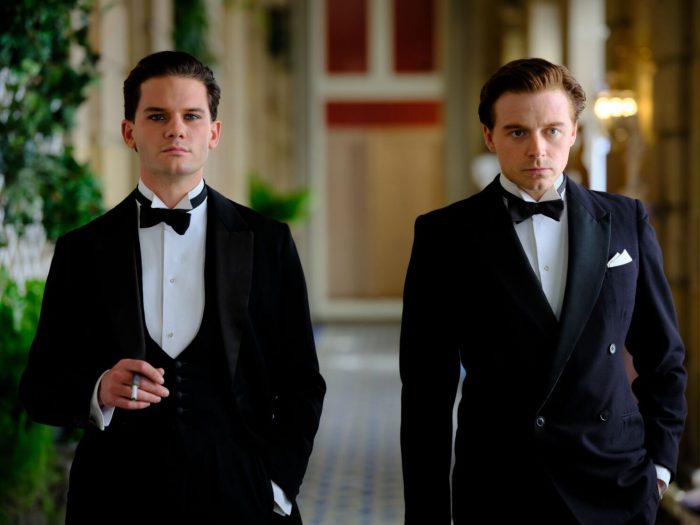This is not the first time that top English director Terence Davies (in Sodankylä 2010) has dealt with memories and artist fates, but now for the first time he openly touches on homosexuality, which he is intimately familiar with. The result is guaranteed Davies, one of the best films of the past season in many critics’ polls.
Instead of a chronology of the poet Siegfried Sassoon, Benediction is a biographical drama flowing through memories in the shadows cast by the events of the First World War. After his front-line service, Sassoon was known for his anti-war poems and was committed to a mental hospital for his opinions. He later distinguished himself as a prose writer. In the 1920s, Sassoon had several romantic liaisons with men but got married and had a son – with whom he had his own interaction problems.
This lyrical film, typical of Davies, touches more on Sassoon’s love life than on the permanent traumas of war, above all his relationship with Ivor Novello, the haughty actor-star. The use of music is again in a class of its own, and documentary fragments of the war are seamlessly interwoven with fiction.
TERENCE DAVIES (b. 1945) entered acting school at twenty-six after a ten-year career as an accountant. The “Terence Davies Trilogy”, completed at the National Film School in 1976-83, drew attention to his original talent. At Cannes in 1988, his debut feature Distant Voices, Still Lives delighted with its musical poetry, reviving Davies’ memories of the post-war working-class neighbourhoods of Liverpool. The Long Day Closes (1992) continued the autobiography with its childhood memories, while the sophisticated The House of Mirth (2000) was an Edith Wharton adaptation about New York’s aristocrats at the turn of the 20th century. After a financing limbo, the Liverpool documentary Of Time and the City (2008) salvaged Davies’ career, whose most prolific years have culminated in the poet biopics A Quiet Passion (2016) and Benediction.
Timo Malmi
